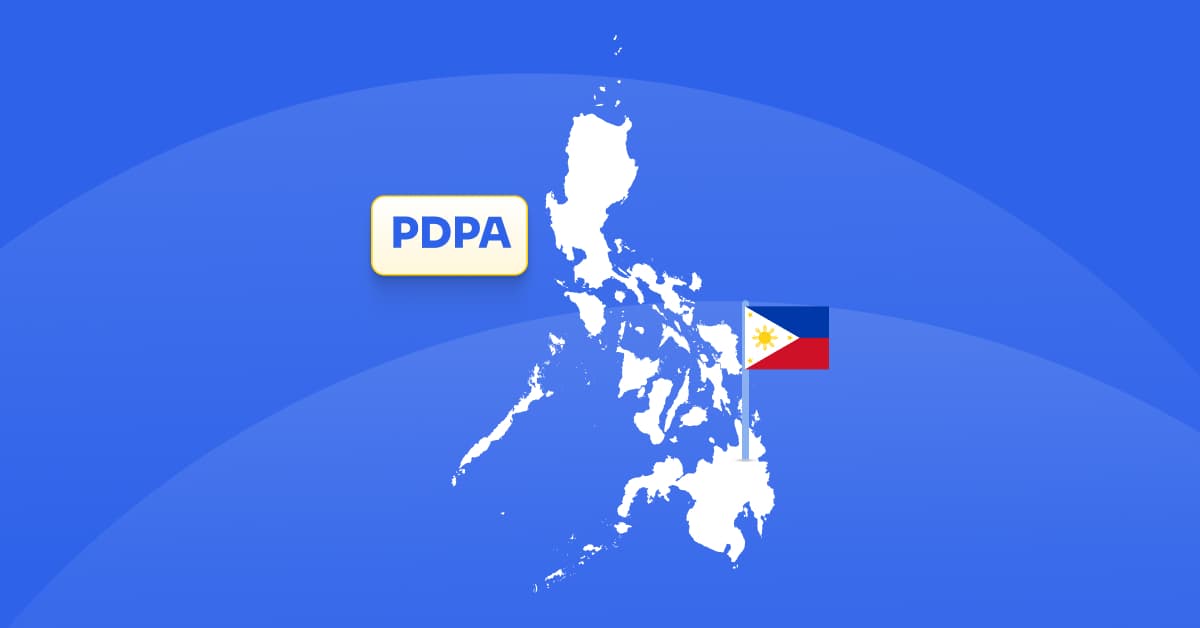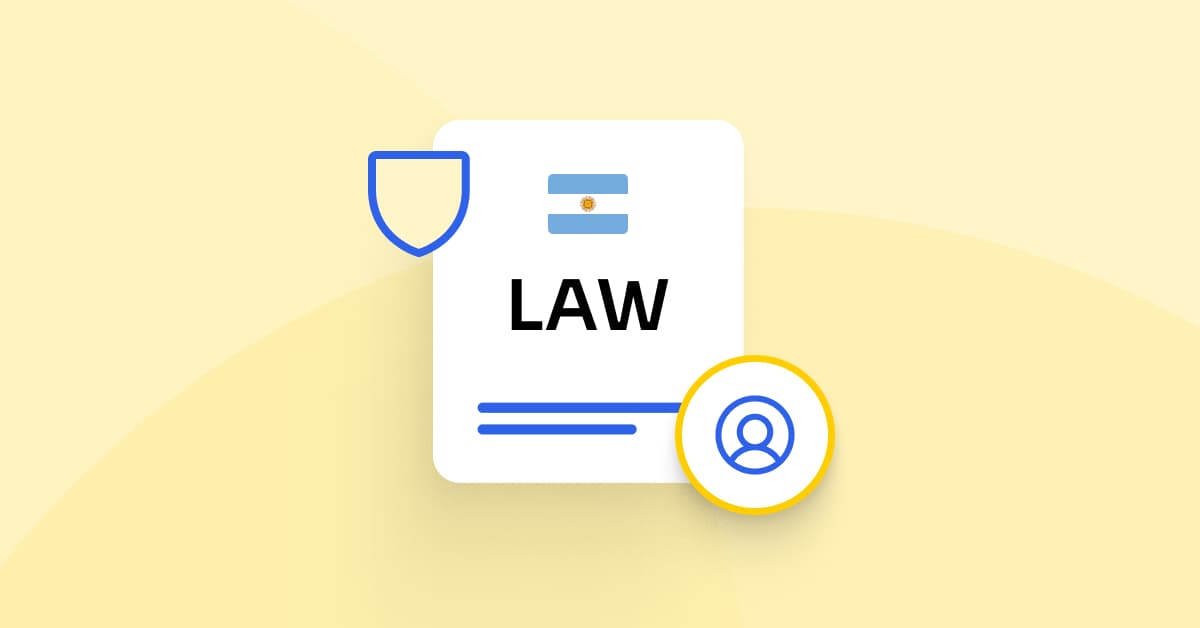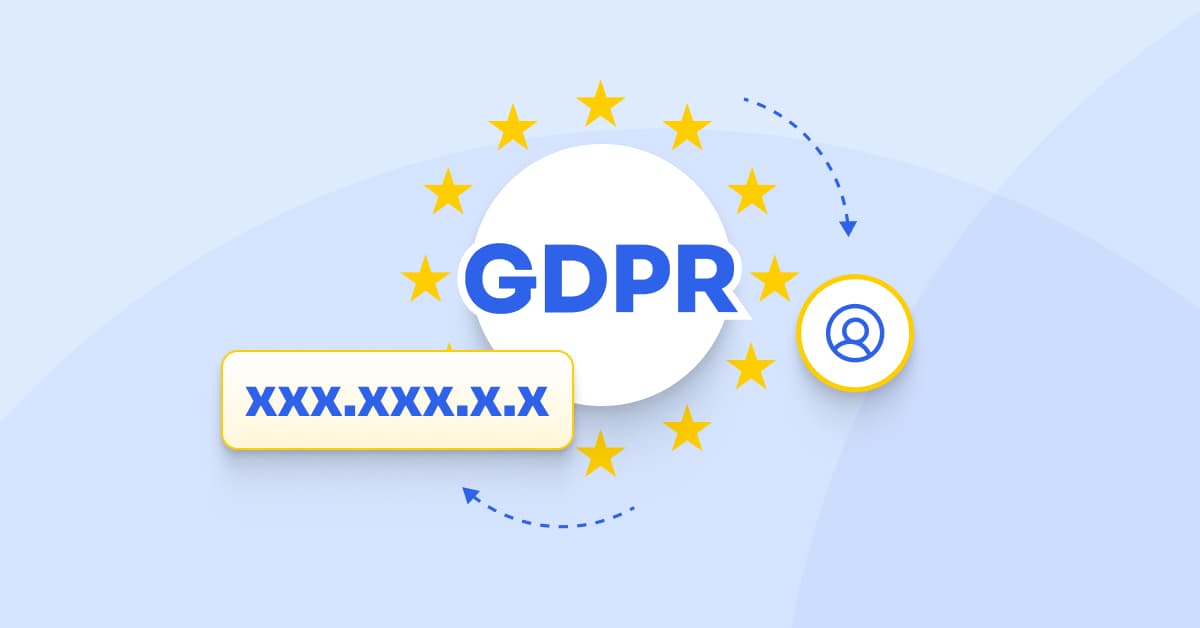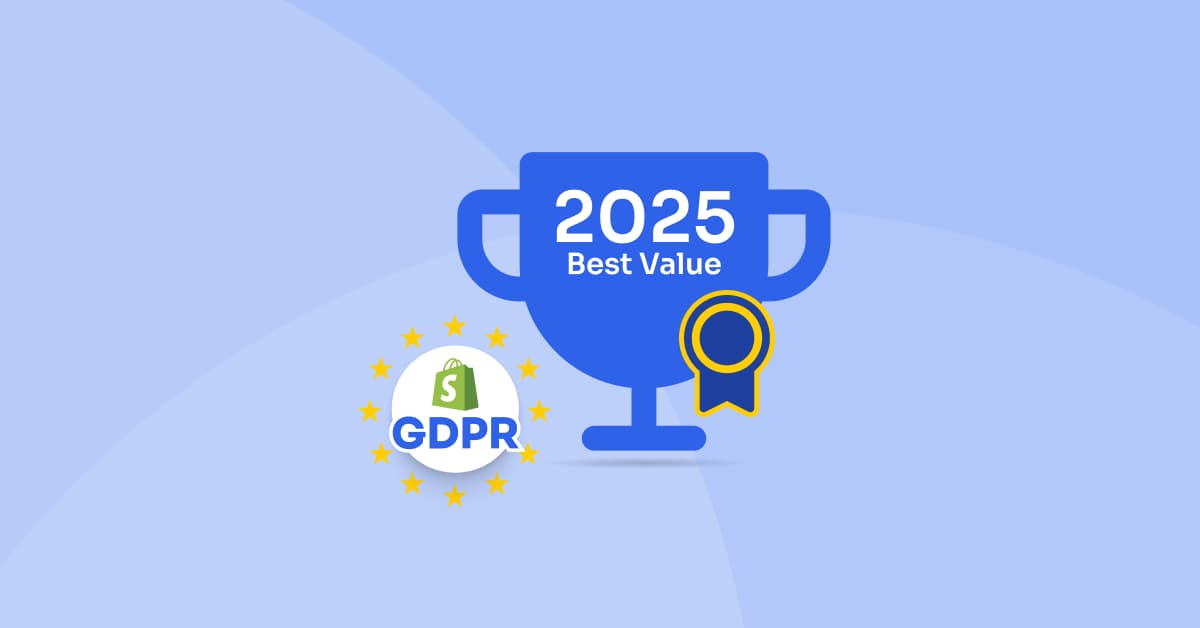Blog
Stay up to date with the latest news, tips, and other helpful information about Privacy & Compliance with GDPR and other data regulations around the world.
Categories
Privacy & Compliance
Server-Side Tagging Tracking Explained: Impacts on Consent and Data Use
Introduction Server-side tracking is a method of collecting data about user interactions directly on the server, rather than through the user’s browser. Client-side tagging involves tags running in the user’s browser to collect data directly from the user’s device. This approach enhances data privacy and security by reducing exposure on ...
Andromachi Psomiadi
July 17, 2025
Latest articles
Digital Consent in 2025: The Ongoing Influence of the VPPA on Privacy
Andromachi Psomiadi
July 11, 2025
Introduction In 2025, digital consent has become a cornerstone of data privacy, particularly in the ...
Simplifying PDPA Compliance in the Philippines: A Practical Guide
Andromachi Psomiadi
July 8, 2025
Introduction In today’s digital landscape, the protection of personal data has become paramount. The Philippines, ...
An Overview of Argentina’s Personal Data Protection Law
Andromachi Psomiadi
July 3, 2025
Introduction Argentina’s Personal Data Protection Law (Ley No. 25.326), enacted on October 4, 2000, establishes ...
Does GDPR Classify an IP Address as Personal Data?
Andromachi Psomiadi
June 30, 2025
Introduction The General Data Protection Regulation (GDPR) is the cornerstone of data protection across the ...
EAA, ADA, WCAG Compliance: Key Differences for Shopify Accessibility
Andromachi Psomiadi
June 26, 2025
Introduction Web accessibility is the principle of building digital content, including websites, online stores, and ...
Shopify GDPR: Pandectes Recognized with the 2025 “Best Value” Award for Compliance Category And More
Ermis Efthimiou
June 19, 2025
Pandectes has been awarded the “Best Value” badge by Capterra in the GDPR Compliance Software ...
Make your Shopify Store's use of cookies and online tracking compliant today









